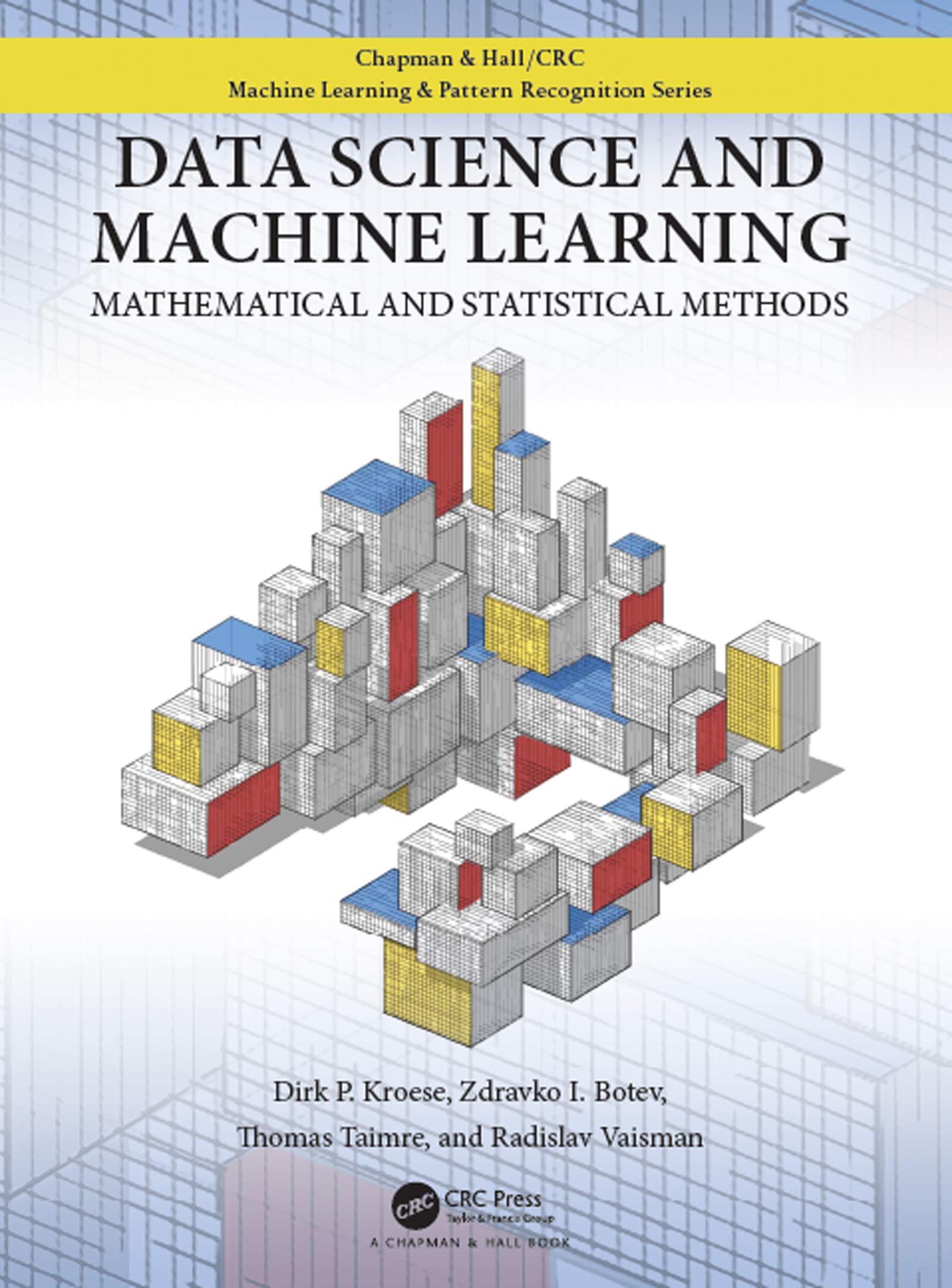Let (left(C_{1}, R_{1} ight),left(C_{2}, R_{2} ight), ldots) be a renewal reward process, with (mathbb{E} R_{1}
Question:
Let \(\left(C_{1}, R_{1}\right),\left(C_{2}, R_{2}\right), \ldots\) be a renewal reward process, with \(\mathbb{E} R_{1}<\infty\) and \(\mathbb{E} C_{1}<\infty\). Let \(A_{t}=\sum_{i=1}^{N_{t}} R_{i} / t\) be the average reward at time \(t=1,2, \ldots\), where \(N_{t}=\max \left\{n: T_{n} \leqslant\right.\) \(t\}\) and we have defined \(T_{n}=\sum{ }_{i=1}^{n} C_{i}\) as the time of the \(n\)-th renewal.
(a) Show that \(T_{n} / n \xrightarrow{\text { a.s. }} \mathbb{E} C_{1}\) as \(n \rightarrow \infty\).
(b) Show that \(N_{t} \xrightarrow{\text { a.s. }} \infty\) as \(t \rightarrow \infty\)
(c) Show that \(N_{t} / t \xrightarrow{\text { a.s. }} 1 / \mathbb{E} C_{1}\) as \(t \rightarrow \infty\). [Hint: Use the fact that \(T_{N_{t}} \leqslant t \leqslant T_{N_{t}+1}\) for all \(t\) \(=1,2, \ldots]\)
(d) Show that
\[ A_{t} \xrightarrow{\text { a.s. }} \frac{\mathbb{E} R_{1}}{\mathbb{E} C_{1}} \quad \text { as } \quad t \rightarrow \infty \]
Step by Step Answer:

Data Science And Machine Learning Mathematical And Statistical Methods
ISBN: 9781118710852
1st Edition
Authors: Dirk P. Kroese, Thomas Taimre, Radislav Vaisman, Zdravko Botev





